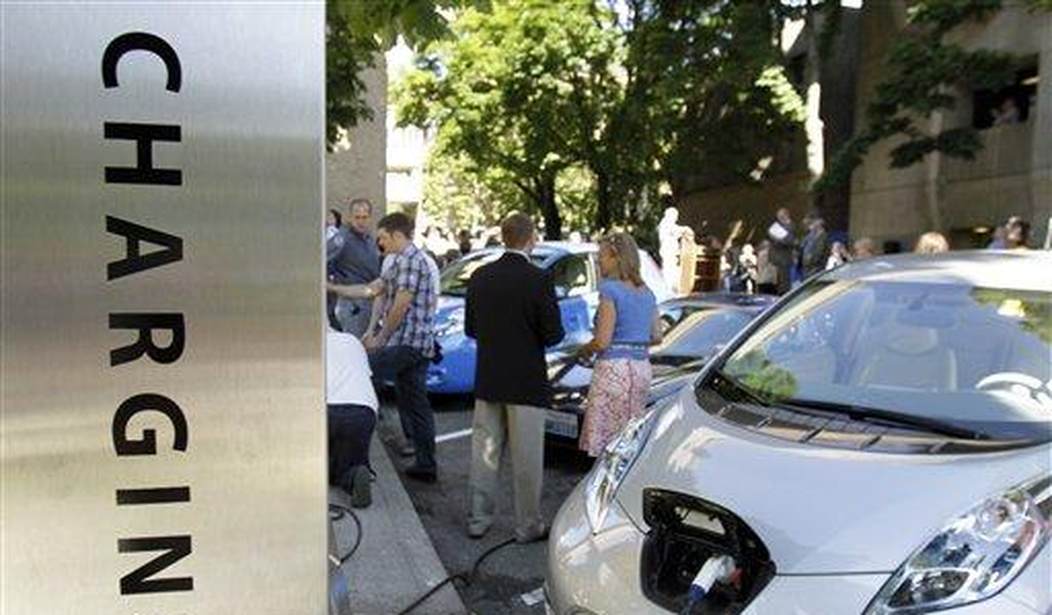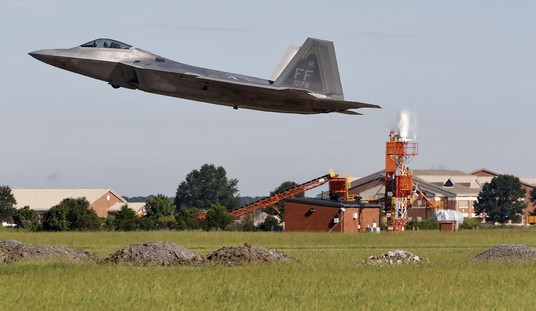Axios is celebrating the news that there were 38,000 electric vehicle chargers turned on in 2024. That brought the total number of EV chargers in the United States to 207,000 at the end of 2024.
There's only one problem: That might be a high enough number of EV chargers for Luxembourg. However, it falls short of the 1.2 million chargers that the National Renewable Energy Laboratory report says are needed in five years in the United States.
It's not like there isn't the money to buy and build these things. Congress passed a $7.5 billion funding bill for EV charging stations in 2021, but only about 200 have been opened. Private investment is ambitious but also falling short.
A huge part of the problem is maintenance. At any given time, up to 4% of EV chargers are inoperative. It's most often a network problem as users are unable to connect with a payment processor. Vandalism is also a problem. ChargePoint is adding cut-proof cables to their charging machines as well as a new alarm system.
Electric vehicles sales are growing, but far off the expected pace.
Only 8.1% of new car sales in 2024 were EVs, according to Cox Automotive. Still, that's a record 1.3 million EVs sold.
Momentum was stronger in the second half, with EVs accounting for 8.7% of total sales.
A flood of new, more affordable models could help keep that going — even if President-elect Trump kills the consumer tax credits as expected.
At least charging access is improving, and not just because Tesla opened its Supercharger network to other brands.
Where should the new EV chargers go? This was a major holdup and contributed to the infighting between federal agencies.
Building a charging station "comes with dozens of rules and requirements around everything from reliability to interoperability, to where stations can be located, to what certifications the workers installing the chargers need to have," according to Reason.com.
GM is ahead of the pack, using artificial intelligence to find the best place to site their charging stations.
GM’s data scientists are approaching site selection as a “mathematical optimization problem.” First, detailed maps are created to illustrate the AI-powered model’s decision-making process. Then the model’s recommendations are combined with expert insights to finalize the optimal charger placement. Once the data analysis is complete, the company collaborates with Pilot Flying J and EVgo to install the chargers.
In addition to offering more convenient charging locations, GM is also working to improve the overall charging experience as part of its collaboration with EVgo.
In addition, GM "opened more than 2,500 fast-charging stalls in partnership with EVgo and Pilot Flying J, and recently announced plans to add 500 more with ChargePoint by the end of this year," according to Axios.
No matter what Trump does with EV mandates, subsidies, and emissions rules to force gas-powered cars off the road, there are still going to be several million EVs on the road by the time Trump leaves office.
Last year, about 8% of all new vehicle sales were EVs. If the auto companies are going to profit from selling EVs, they should be saddled with the cost of building charging stations. That's the only fair way to deal with the biggest mistake the auto industry ever made: Listening to Joe Biden about the gold mine for companies selling electric cars.










Join the conversation as a VIP Member